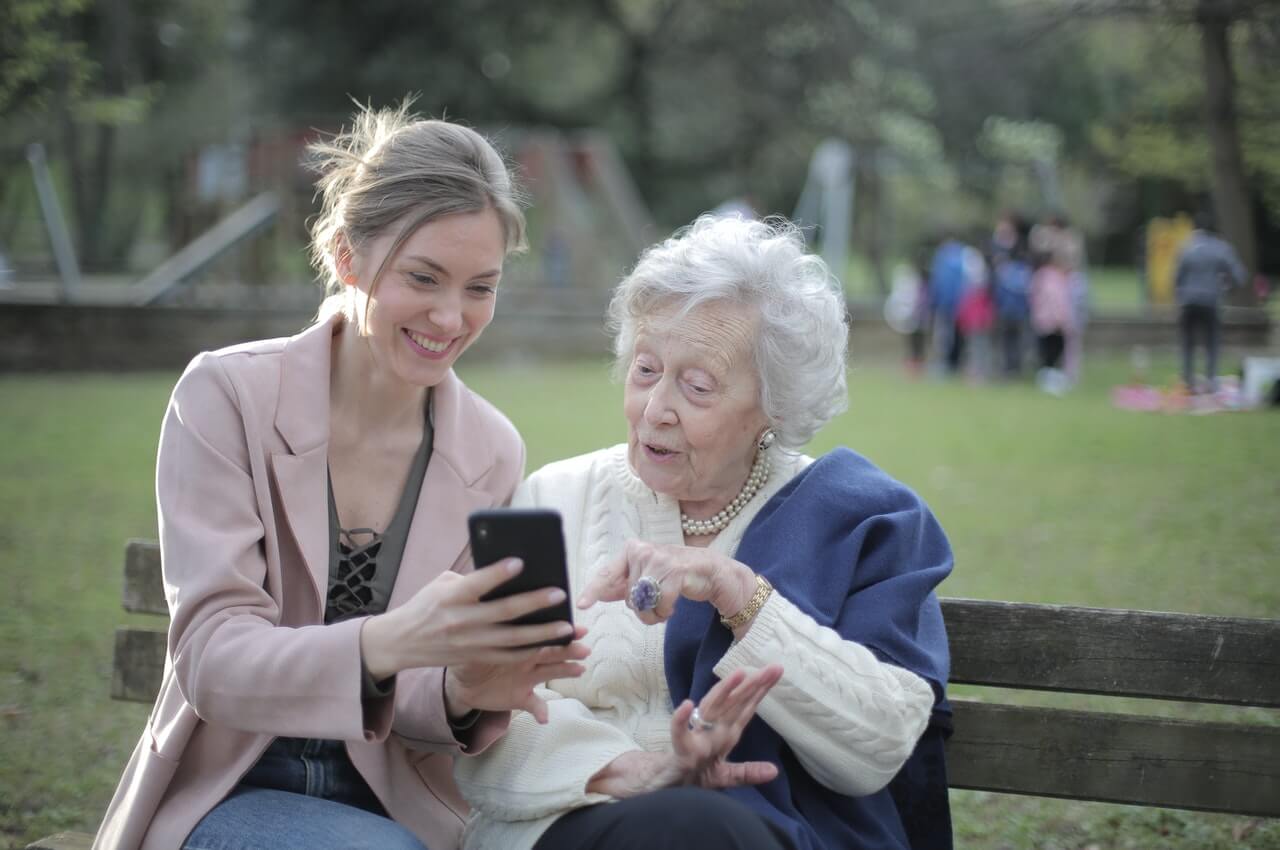
The notion of using mobile technologies in education and training is an interesting one. I, for one, would like to see all public and private schools use computer tablets not only for carrying textbooks but also for a wide range of exercise and homework possibilities.
Today students and parents can be in constant touch with a teacher who is well-versed in the current technology, although some still lag behind using the archaic means of communication like the phone and office visits.
There are still benefits to the technology for parents like checking grades, homework, and attendance from home. Kids can also check their homework schedules, email homework, etc., although it is rather amusing that those technology-savvy parents are frustrated by a teacher (who has a life outside of school) they cannot contact immediately. Their children–the students themselves are more in touch with the technology–sometimes even more than we are. I learned to type on a manual typewriter and my kids use a computer keyboard. They also knew their way around the computer; they didn’t have typing in school; they had a technology class in elementary school–that included keyboarding. This is how they communicate and learn, and it will become more sophisticated as it also becomes more routine.
How does this relate to Training and Development? Easily. What the schools do now and will do in the future will affect adult learning–even if today we don’t use all the technology available to us. We better be willing to learn how to use it.
My advice to trainers and training companies: don’t be stuck in the past, but look to the future. It gives continuous learning a new focus: staying ahead or at least keeping up with the technological curve. Beware if school teachers are using this technology before us because they are setting the standard on how our students expect to learn. Whoever thought teachers could teach trainers anything? I’m kidding, of course. We owe it all to teachers. Most of us would not be where we are without a teacher who inspired us to learn something we found absolutely boring and ended up loving. Mobile products are one (CDs, DVDs, Podcasts, Computer or online training), and using mobile devices in training is another; we need to be proficient in using both, understanding limitations and advantages.
My goal is always to approach a training client and offer first the best way a trainee or a student may learn the subject; then, we move on to the next best and most cost-effective tools. While I believe, most often face-to-face is best for nearly all training, it is sometimes not convenient or cost-effective for the client. On the other hand, I’ll lose a customer if I don’t take into account his needs, and ignore the new technology as a way of getting my message across effectively–if at all. Just remember your teenage son or daughter, who communicated with you only through text messages, and the trouble you had with the text shorthand. I remember this with amusement. Trust me, this not only affects learning but whether you are attended to at all. Our job is not to complain, but to see the value and to use the best tools available to do the job.
Jason Novosel said it previously in his article All Using Mobile Technologies in Education and Training, and I thank him for his contribution to this forum. I know I am echoing some of his sentiments, but wanted to add my thoughts to the mix.
I take responsibility for what you see on this site. I hope you find it useful and come back often. Let me know what you want to explore and maybe I can help. Guest writers are welcome. We prefer you fill out the form at the top and tell us about your subject, etc. Sometimes I see an article that strikes my fancy or I find areas I want to disagree with or discuss. Then I guess I’m on my own. I always try to give credit where it is due.
—
For more resources about training, see the Training library.
My own website contains links to these articles as well as links to articles in theatre criticism and communication commentary. All in all, I learn from each article I write–be it on training and development, on theatre, or on communication in general. It is part of my continuous learning process. For a look at the human side of training from my Cave Man perspective, please check out my book, The Cave Man Guide to Training and Development. Happy training.
 Sections of this topic
Sections of this topic















